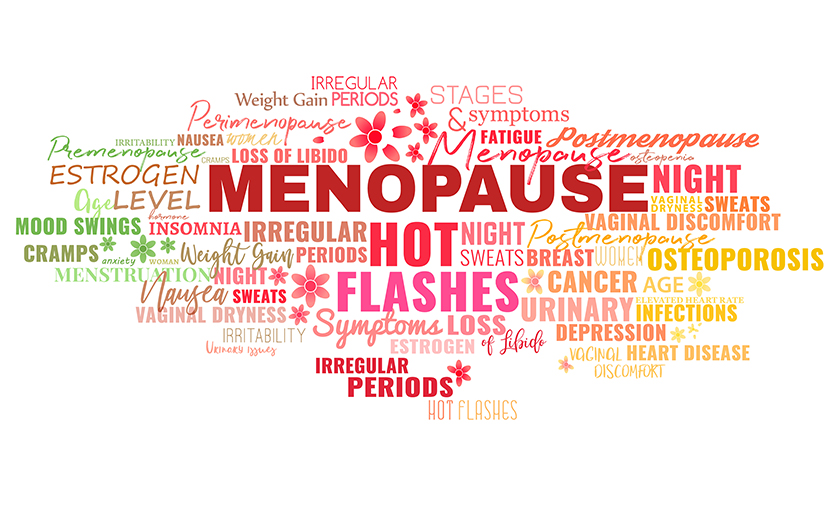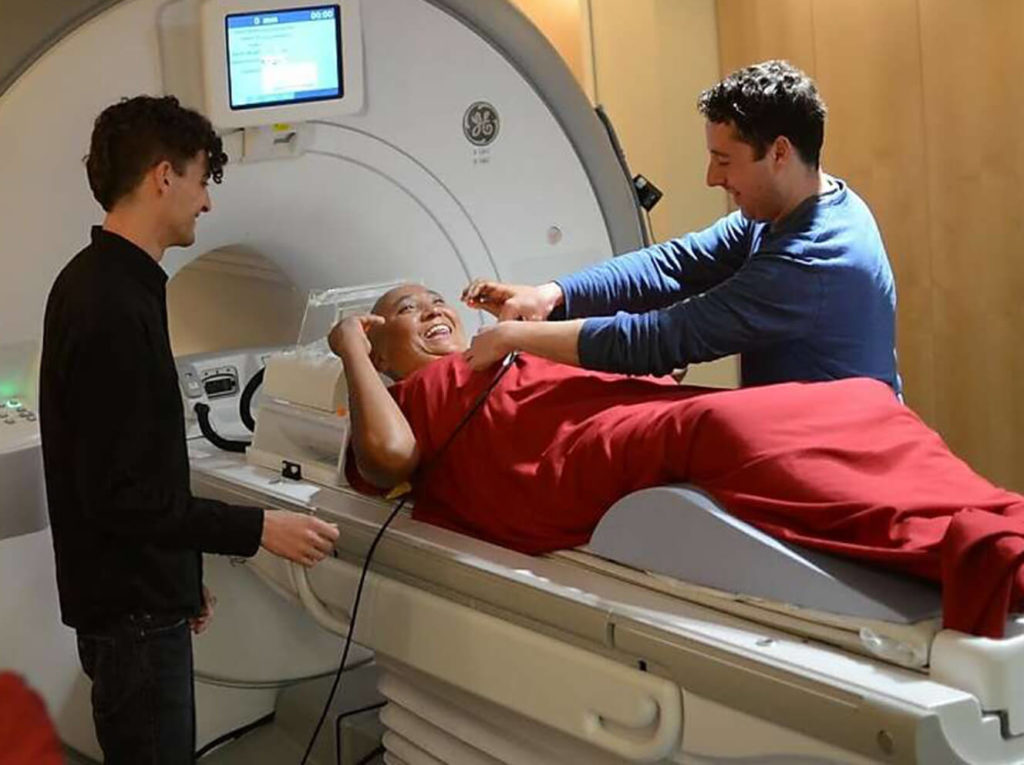For many women, the benefits of using hormone therapy to treat hot flashes and other menopause symptoms outweigh the risks, says Jan Shifren, MD, director of the Massachusetts General Hospital Midlife Women’s Health Center.

Yet women in the United States shy away from hormone therapy.
The reason: A landmark study in 2002 brought to light the risks of hormone therapy for older women. Dr. Shifren says later results showing minimal risk for women under age 60 received little attention.
“The take-home message from the Women’s Health Initiative study is that hormone therapy should not be taken to prevent the diseases of aging, such as heart disease and osteoporosis. However, it remains our most effective treatment for bothersome hot flashes,” explains Dr. Shifren, whose center cares for midlife women and educates healthcare providers about menopause.
“When a healthy 52-year-old comes into my office with bothersome hot flashes, the benefits of hormone therapy will almost always outweigh the risks.”
Hormone Therapy Defined
Menopause typically occurs around age 51. It is a natural part of aging when a woman’s ovaries stop making estrogen and periods stop.
Hormone therapy refers to products that contain estrogen, the hormone made by the ovaries before menopause. In addition to treating hot flashes, estrogen prevents osteoporosis and treats vaginal dryness. If a woman has not had her uterus removed, she needs to take a second hormone (progestin) together with estrogen to protect her uterus from cancer.
Hot flashes are the most common and bothersome aspect of menopause. About 75 percent of women will experience them.
What are Hot Flashes?
Hot flashes are the most common and bothersome aspect of menopause. About 75 percent of women will experience them. They generally improve over time and resolve within a few years, but some women suffer for more than a decade. Frequent, severe hot flashes disrupt women’s daily activities, work and sleep. Lack of sleep from night sweats can lead to fatigue, irritability and difficulty concentrating.
Some women do not need hormone therapy, Dr. Shifren says. “Their hot flashes are mild and respond to lifestyle changes, like wearing light clothing and keeping the thermostat low,” she explains.
Over-the-counter products containing soy or herbs decrease hot flashes — although most of these products are no more effective than placebos. An anti-depressant-like drug is also approved for hot flashes, but it does not work as well as hormone therapy.
The Risks of Hormone Therapy
Hormone therapy has risks, including a slight increase in breast cancer, heart attacks and stroke. For healthy women under age 60, these risks are very rare. Women who have had breast cancer, a heart attack or stroke should not take hormone therapy.
Hot flashes get better over time, but vaginal dryness gets worse, Dr. Shifren says. Vaginal dryness and painful sex can affect a woman’s intimate relationships. Over-the-counter lubricants and moisturizers can be helpful.
Very low doses of estrogen placed directly in the vagina are safe and effective, she says.
“Menopause is a natural life transition,” says Dr. Shifren, who encourages women to visit the Mass General Midlife Women’s Health Center website for related information. “Women should talk with their healthcare providers. There are many ways to manage bothersome symptoms and stay healthy beyond menopause.”
Coping Tips for Hot Flashes
- Avoid warm rooms, hot drinks, alcohol, caffeine, excess stress and cigarette smoking.
- Wear layers of light clothing that can be removed easily.
- Reduce stress through restful sleep, exercise, meditation and yoga.
- When a hot flash begins, try slow, deep abdominal breathing. Breathe slowly in through your nose and out through your mouth.
- For sleep: Keep a fan by the bedside and a frozen pack of peas under the pillow. Turn the pillow often.
- Maintain a healthy weight and exercise regularly.
To support the Mass General Midlife Women’s Health Center, please contact us.





